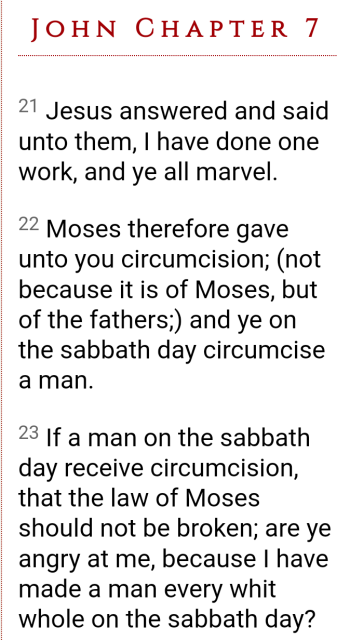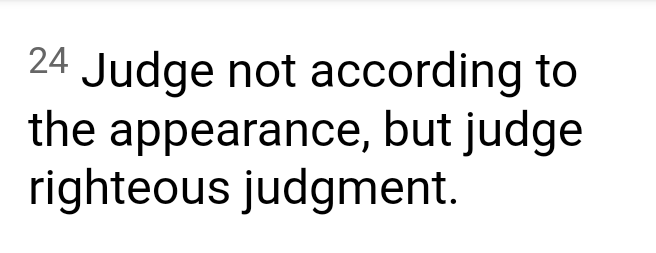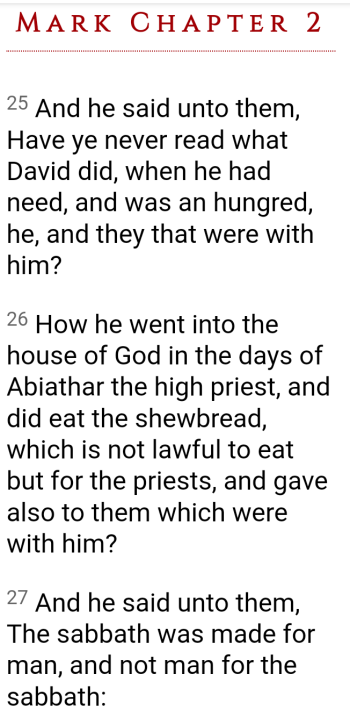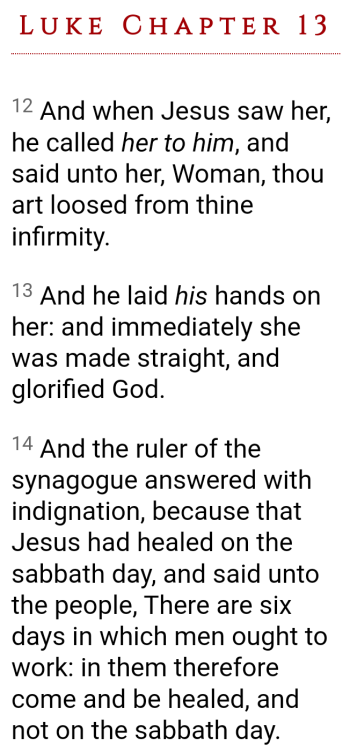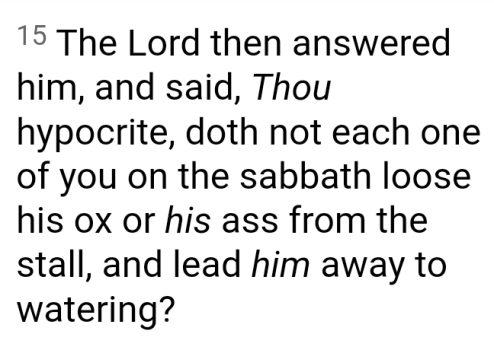Ok agree to disagree. We will find out on the Day our Messiah returns. Important that this is not a salvation issue.
Sure, very well.
Rev 1:7 refers to the second coming of Messiah Rev:10 refers back to Rev 1:7.
I agree that 1:7 refers to Christ's return, but in 1:10, John is beginning his recounting of the vision that he received, and stating where he was and what he was doing at the outset. I'm really not sure what you mean by verse 10 referring back to verse seven, but... that's okay. :)
This whole vision is in the future tense and not the present tense.
To John, as he was relating it, for the most part, yes.
One need to understand Hebrew idioms. Not rely on the English. These same idioms are used in the prophets.
I don't think that's absolutely necessary, Ancient. The Word of God is what it is. But yes, John's Revelation is filled with references that can be further clarified by understanding at least to some degree certain Old Testament things, sure.
Yeshua (Jesus) did observe the Sabbath before His resurrection and He also kept His own Feasts...
Sure He did.
Here is an example of Paul
NKJ 1 Corinthians 5:8 Therefore let us keep the feast, not with old leaven, nor with the leaven of malice and wickedness, but with the unleavened bread of sincerity and truth.
Hm. Very interesting that you would bring this up. What I would say about 1 Corinthians 5:8 is, Paul is commanding the Christians in Corinth (and us, by extension) to gather as the church, and to drive home how important this is, Paul uses the metaphor of leavened bread during the Jewish Passover celebration. As you probably well know, Jewish Passover participants were to remove any trace of leaven from their homes and eat only unleavened bread during the Passover. In the previous verse, Paul wrote that the Christians in Corinth were already unleavened or purified, and this is because Christ, the Passover lamb, had already died to pay the price for all their sin. Now the time had come for the Corinthians to live up to what they already were.
So, yes, Paul calls them to celebrate the feast/festival, but he does not mean that they should observe the Passover celebration, but rather that they should
always be in a spirit of celebrating the truth that Christ's blood had paid for their sin. For Christians, this in an
ongoing reason to rejoice, not a once-a-year celebration. So, Paul is saying that those who are celebrating the forgiveness of their sins by the blood of Jesus must not do so while living in sin, the "leaven" ~ sinfulness, and thus impurity ~ of malice and evil. Such sin has no place among those who rejoice over being forgiven for their sin. Instead, such those rejoicing should live with the "unleavened bread" ~ sinlessness, purity ~ of sincerity and truth.
KEEP THE FEAST!!! Nothing here to suggest that they were not keeping the Feast.
Well, I agree, but not in the way that you mean it, I think. I think we should rejoice continuously, without ceasing... :) Again,
always in a spirit of celebrating the truth that Christ's blood had paid for our sin.
...The Feast Days of Yahweh were also regarded as Sabbath Days no matter what day of the week they fell on.
Okay, sure. I would say this, that God's "appointed feasts" (Leviticus 23:2) were celebrations of God’s divine protection and provision. Each one recognized different aspects of God’s work of salvation in the lives of His people. Ultimately, these holy days, feasts, and festivals found their fulfillment in the life, ministry, death, and resurrection of Israel’s Messiah, Jesus Christ. I'm just saying that we Christians today are commanded to "keep the feast" in a different way than the Israelites of old were. You might call them "object lessons" (or something like that) that were needed in their day ~ they were looking forward to Christ's coming and His sacrifice ~ but that we are no longer in need of because we have the Real Thing ~ we are looking back at His sacrifice (and forward to His second coming, of course).
Grace and peace to you, Ancient.


